Making the most of a university fair
2019-03-11
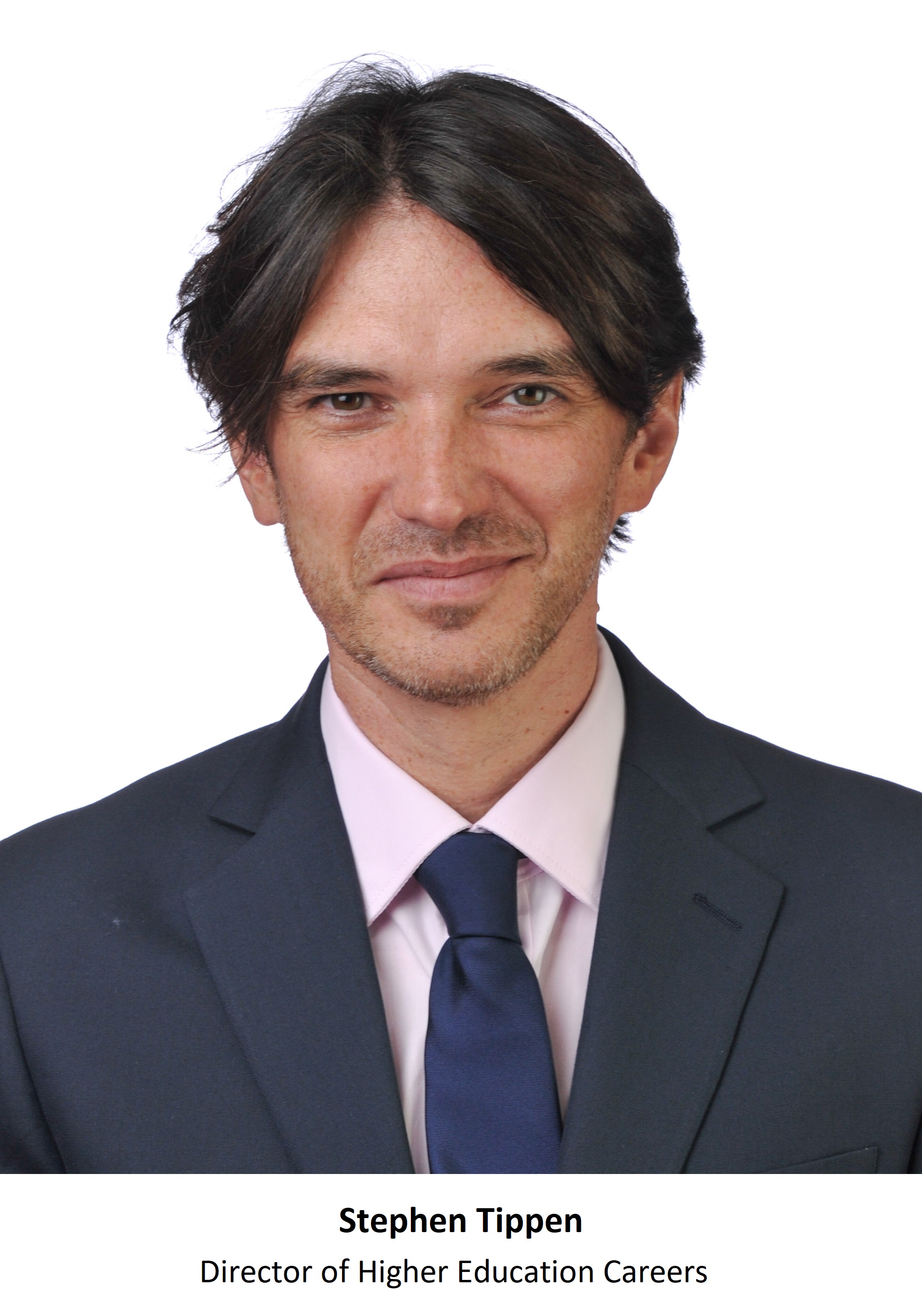 While making the final preparations for Wellington College International Shanghai’s first Global University Fair on 15th March, I was asked by a parent what they could do to help their child prepare. A university fair provides a fantastic opportunity for pupils and parents alike. Within a relatively short period of time, and under one roof, it gives those who attend a chance to speak to a gratifyingly wide range of university representatives, gaining first-hand advice on how to improve the chances of making a successful application. It also provides the perfect opportunity to find out more about each university than you could possibly gain from looking at a prospectus or a website.
While making the final preparations for Wellington College International Shanghai’s first Global University Fair on 15th March, I was asked by a parent what they could do to help their child prepare. A university fair provides a fantastic opportunity for pupils and parents alike. Within a relatively short period of time, and under one roof, it gives those who attend a chance to speak to a gratifyingly wide range of university representatives, gaining first-hand advice on how to improve the chances of making a successful application. It also provides the perfect opportunity to find out more about each university than you could possibly gain from looking at a prospectus or a website.
 The one problem with a university fair on this scale is that with so much on offer, the whole event can potentially end up feeling slightly overwhelming. Pupils and parents may feel like the proverbial ‘rabbit in the headlights’, aimlessly wandering around from table to table without ever truly making the most of the opportunities afforded to them. To prevent this, as with all areas of university guidance, focus, planning and preparation are key.
Focus
The one problem with a university fair on this scale is that with so much on offer, the whole event can potentially end up feeling slightly overwhelming. Pupils and parents may feel like the proverbial ‘rabbit in the headlights’, aimlessly wandering around from table to table without ever truly making the most of the opportunities afforded to them. To prevent this, as with all areas of university guidance, focus, planning and preparation are key.
Focus
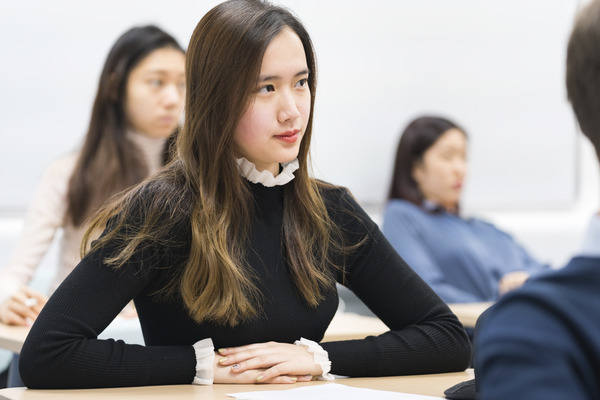 In the days leading up to any university fair it is worth pupils thinking about their current university plans and what they want to gain by attending. This will allow them to focus on the most important details. Getting pupils to engage in a positive way with the range of options that face them is key – and attending a fair can provide the perfect opportunity for parents to broach this tricky subject. It is also good for teachers and parents to share their own experiences about the plans they made after school and what, if anything, they regret about their choices. Potential disputes can often be avoided by parents engaging early with their child about their possible plans in a non-confrontational and supportive manner. It is also important for pupils to realise that life doesn’t always end up the way you plan. My own experience is testament to this – on leaving school the only thing I was sure about was that I didn’t want to become a teacher!
Planning
In the days leading up to any university fair it is worth pupils thinking about their current university plans and what they want to gain by attending. This will allow them to focus on the most important details. Getting pupils to engage in a positive way with the range of options that face them is key – and attending a fair can provide the perfect opportunity for parents to broach this tricky subject. It is also good for teachers and parents to share their own experiences about the plans they made after school and what, if anything, they regret about their choices. Potential disputes can often be avoided by parents engaging early with their child about their possible plans in a non-confrontational and supportive manner. It is also important for pupils to realise that life doesn’t always end up the way you plan. My own experience is testament to this – on leaving school the only thing I was sure about was that I didn’t want to become a teacher!
Planning
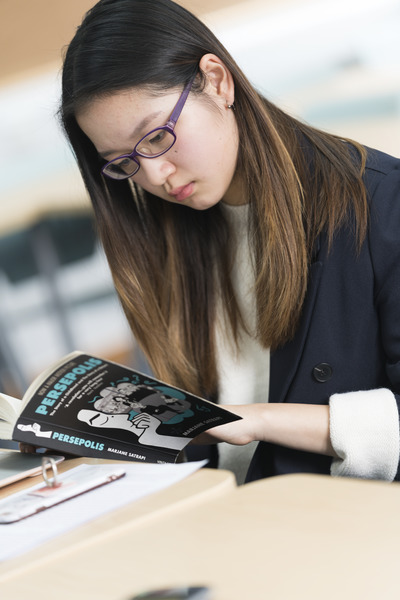 Once pupils know what they want from the fair they can start planning which universities they are going to visit. It is worth pupils looking beyond the ‘big names’. As much as I can understand why pupils may head straight to see the likes of Cambridge University, it is important for them to visit a greater range of representatives. Highly selective universities, by definition, only admit a very small proportion of applicants, therefore it is wise for pupils and parents to also look at the other options available. Furthermore, other universities may provide a similarly quality education in an environment that may well suit some pupils more.
Preparation
Once pupils know what they want from the fair they can start planning which universities they are going to visit. It is worth pupils looking beyond the ‘big names’. As much as I can understand why pupils may head straight to see the likes of Cambridge University, it is important for them to visit a greater range of representatives. Highly selective universities, by definition, only admit a very small proportion of applicants, therefore it is wise for pupils and parents to also look at the other options available. Furthermore, other universities may provide a similarly quality education in an environment that may well suit some pupils more.
Preparation
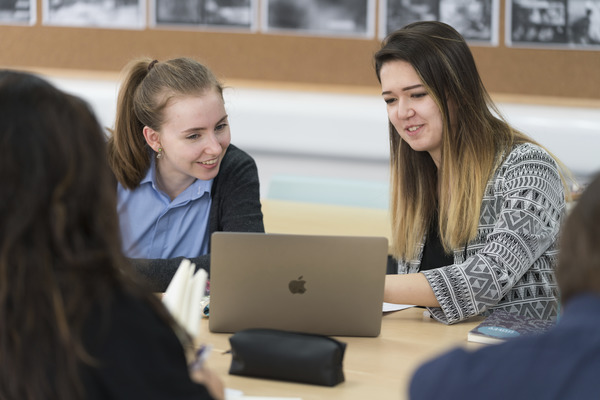 Once parents/pupils are clear about the universities they are going to visit they should think about the questions they wish to ask and how they will gather the information. The questions and overall strategy that attendees should adopt depends on the age and stage of the pupils involved. At Wellington, all pupils from year 9 upwards will be attending our Global University Fair. However, I wouldn’t expect a year 9 pupil to already have a clearly fixed plan about where they will go to university and what they are going to study. As parents, and teachers, we are perhaps too eager to get pupils to make firm decisions without first allowing them to truly explore the exciting opportunities open to them. Ideally, younger pupils should feel like a ‘kid in a sweet shop’, eager to ‘taste’ all of the various goodies on offer. Their questions should be more general in nature – helping them to build up a picture of what each possible university experience might be like. Ultimately, there will be plenty of time later to worry about average SAT/ACT scores and to make the agonising decision about where to apply.
I would be more concerned, however, if a year 12 pupil was in the same situation. For older pupils, the university fair provides an opportunity to refine their planned applications – asking the key targeted questions that will allow them to make the tough decision about where to apply.
Once parents/pupils are clear about the universities they are going to visit they should think about the questions they wish to ask and how they will gather the information. The questions and overall strategy that attendees should adopt depends on the age and stage of the pupils involved. At Wellington, all pupils from year 9 upwards will be attending our Global University Fair. However, I wouldn’t expect a year 9 pupil to already have a clearly fixed plan about where they will go to university and what they are going to study. As parents, and teachers, we are perhaps too eager to get pupils to make firm decisions without first allowing them to truly explore the exciting opportunities open to them. Ideally, younger pupils should feel like a ‘kid in a sweet shop’, eager to ‘taste’ all of the various goodies on offer. Their questions should be more general in nature – helping them to build up a picture of what each possible university experience might be like. Ultimately, there will be plenty of time later to worry about average SAT/ACT scores and to make the agonising decision about where to apply.
I would be more concerned, however, if a year 12 pupil was in the same situation. For older pupils, the university fair provides an opportunity to refine their planned applications – asking the key targeted questions that will allow them to make the tough decision about where to apply.
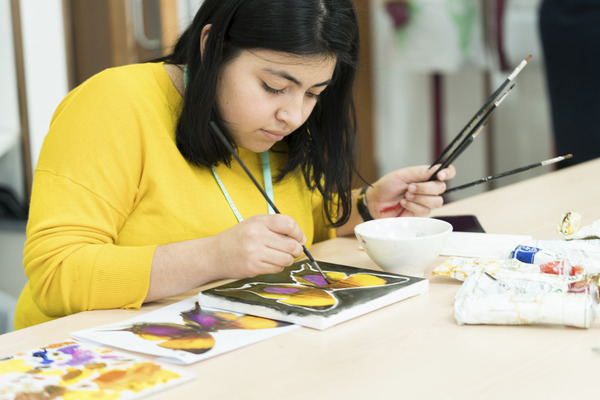 To an extent, the questions that an attendee should ask will be individual, focusing on the key areas that are of the greatest concern or most interest to them. On the day itself, a robust notebook and pen are absolutely essential items to bring along, as is a strong bag with plenty of space to collect university literature. I advocate asking a select range of questions to all universities – noting down their responses as you visit them. It is also good to note down your general impressions of the university immediately after you have spoken to them – this will allow pupils and parents to more accurately compare the opportunities on offer when they get home.
For those of you who are a little unsure as to what questions to ask here are a few key suggestions:
Entry Requirements
What IB score do you need / what is the average IB score of successful applicants?
The Application Process
What role do extra admissions tests (ACT/SAT etc) play in the application process?
Early Applications
What early application options are available (early decision/early action) and how does an early application improve the chances of a successful application?
English Language Requirements
What evidence is used to judge English proficiency?
Do they require extra tests (TOEFL/IELTS)?
Subject/Major
Does the university specialise/excel in any particular subject areas?
How many places are available on a particular course and how many applications are received each year?
Your Application
What aspects do they look for in an application/personal statement/college essay?
Career Prospects
How will the university make you more employable? Do they offer or arrange placements?
Do they have connections with local/international employers?
University Life
What is the size of the university?
Where is it based (big city/ campus outside of town/city) and what is there to do socially?
Finance
What are the typical fees for domestic/international students?
What is the typical cost of living?
What scholarships are available?
Can international students apply?
Finally,…...
What can I do if I want to find out more information?
To an extent, the questions that an attendee should ask will be individual, focusing on the key areas that are of the greatest concern or most interest to them. On the day itself, a robust notebook and pen are absolutely essential items to bring along, as is a strong bag with plenty of space to collect university literature. I advocate asking a select range of questions to all universities – noting down their responses as you visit them. It is also good to note down your general impressions of the university immediately after you have spoken to them – this will allow pupils and parents to more accurately compare the opportunities on offer when they get home.
For those of you who are a little unsure as to what questions to ask here are a few key suggestions:
Entry Requirements
What IB score do you need / what is the average IB score of successful applicants?
The Application Process
What role do extra admissions tests (ACT/SAT etc) play in the application process?
Early Applications
What early application options are available (early decision/early action) and how does an early application improve the chances of a successful application?
English Language Requirements
What evidence is used to judge English proficiency?
Do they require extra tests (TOEFL/IELTS)?
Subject/Major
Does the university specialise/excel in any particular subject areas?
How many places are available on a particular course and how many applications are received each year?
Your Application
What aspects do they look for in an application/personal statement/college essay?
Career Prospects
How will the university make you more employable? Do they offer or arrange placements?
Do they have connections with local/international employers?
University Life
What is the size of the university?
Where is it based (big city/ campus outside of town/city) and what is there to do socially?
Finance
What are the typical fees for domestic/international students?
What is the typical cost of living?
What scholarships are available?
Can international students apply?
Finally,…...
What can I do if I want to find out more information?
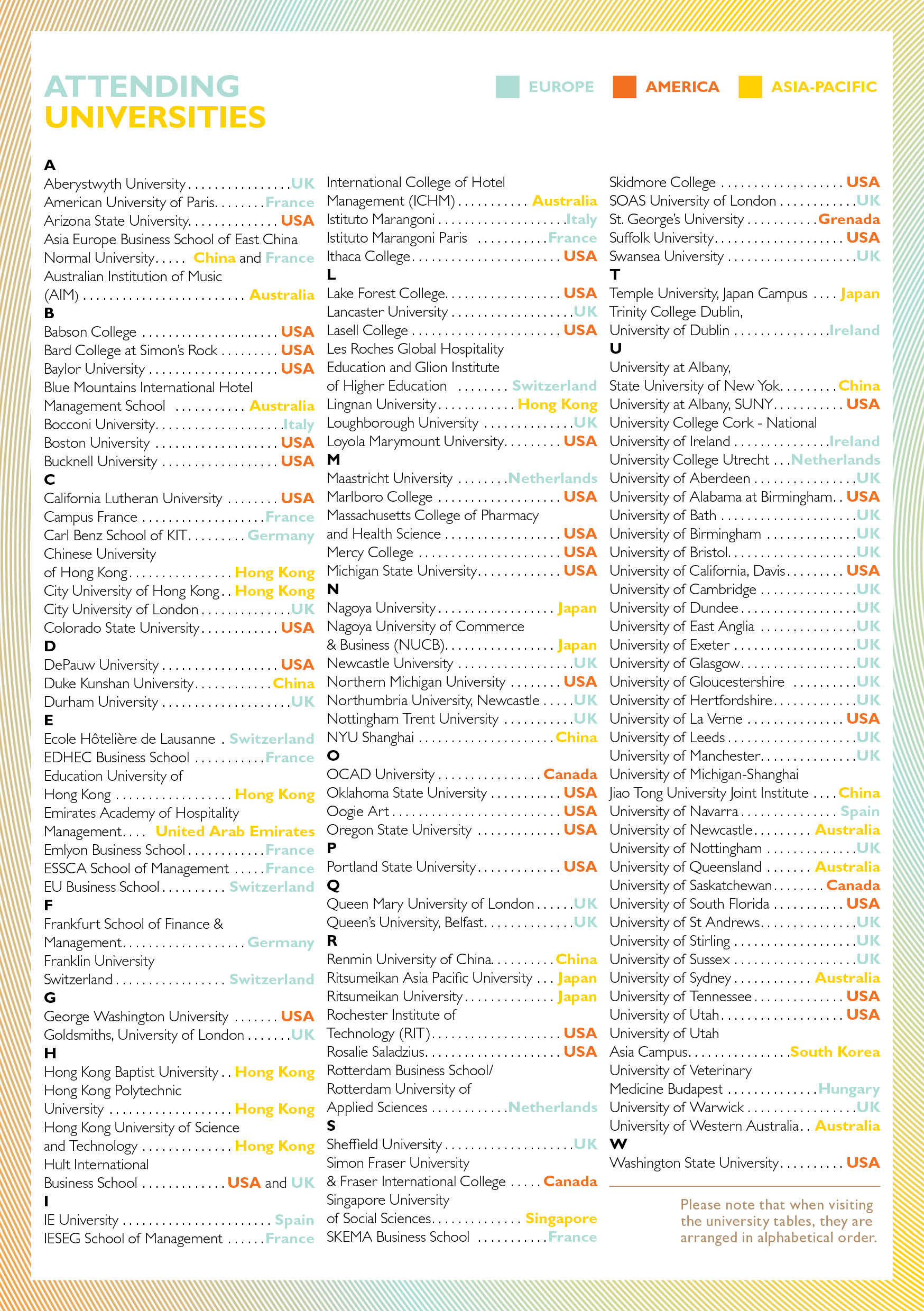
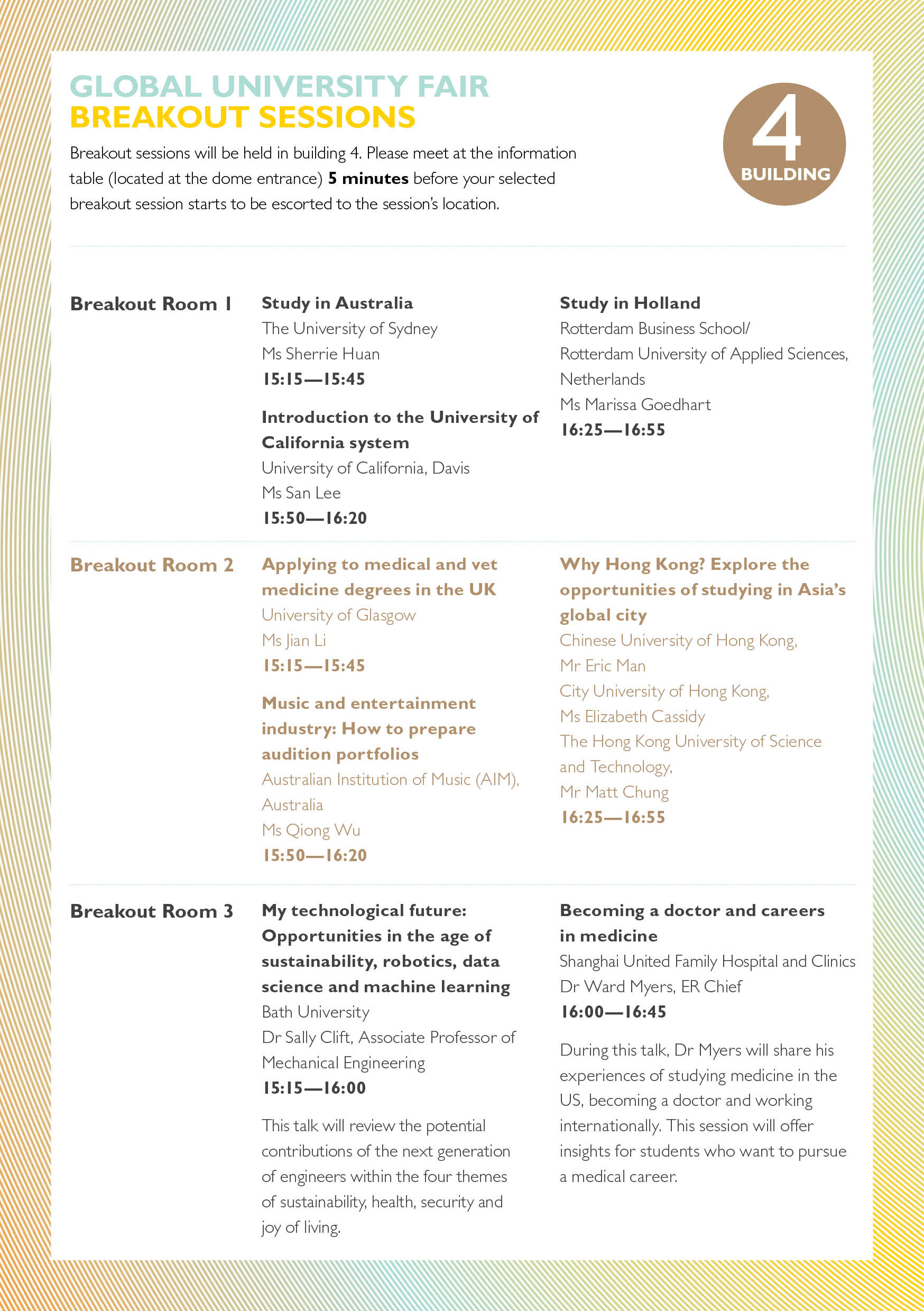 Wellington invites individuals and groups interested in attending our Global University Fair to register for attendance.
Wellington invites individuals and groups interested in attending our Global University Fair to register for attendance.
 More relevant articles :
More relevant articles :
相关资讯

不要错过上海惠灵顿第二届舞蹈表演"Connecting eMotions."2025-04-17
诚邀您参加 5 月 8 日的 “Connecting eMotions”--我校的第二届舞蹈表演! 我们将隆重推出 “Connecting eMotions”,这是来自舞蹈资优学生项目和舞蹈辅助课程教学活动的学子们联袂献上的第二场表演。 今年的主题是颂扬连结的力量--既有情感上的,也有合作上的。我们的舞者通过团队协作共同创造出充满活力的作品,不仅视觉效果震撼,而且内涵丰富。在此过程中,他们培养了
点击阅读

邀您见证“舞”所不能!2025 eMotion 舞蹈汇演2025-11-03
灯光已就位——我们的舞者亦准备就绪。 诚邀您莅临 eMotion 舞蹈汇演,共同见证惠灵顿学子如何通过表演艺术,探索自我、建立自信、以创意表达彼此联结,展现“笃学、互通、善新”的惠灵顿教育愿景。 本次汇演将于11月12日下午5:00举行,汇聚舞蹈资优生与Have2Dance舞蹈大赛优胜者的原创编舞与精彩表演。每一支作品都彰显着年轻舞者的独特个性、专业素养与艺术表现力。 过往舞蹈汇演精彩瞬间 在惠
点击阅读

Be You. Be More. | Jay的艺术生长之路2025-12-03
从三四岁在纸上随意涂鸦,到如今在近两米高的画布上纵情挥洒颜料,12年级学生Jay的艺术之路,是一次伴随着思考、尝试与自我突破的成长过程。 点击观看惠灵顿艺术资优生Jay的故事小时候的涂鸦画作 十岁那年,Jay走进一家专业画室,第一次面对大幅画布时,他感受到前所未有的自由:“画布很大,能承载很多想象。” 从纸上的铅笔、圆珠笔,到画布上的丙烯颜料,材料的转变带来了表达的跃迁——调色、叠加、实验,绘画
点击阅读










